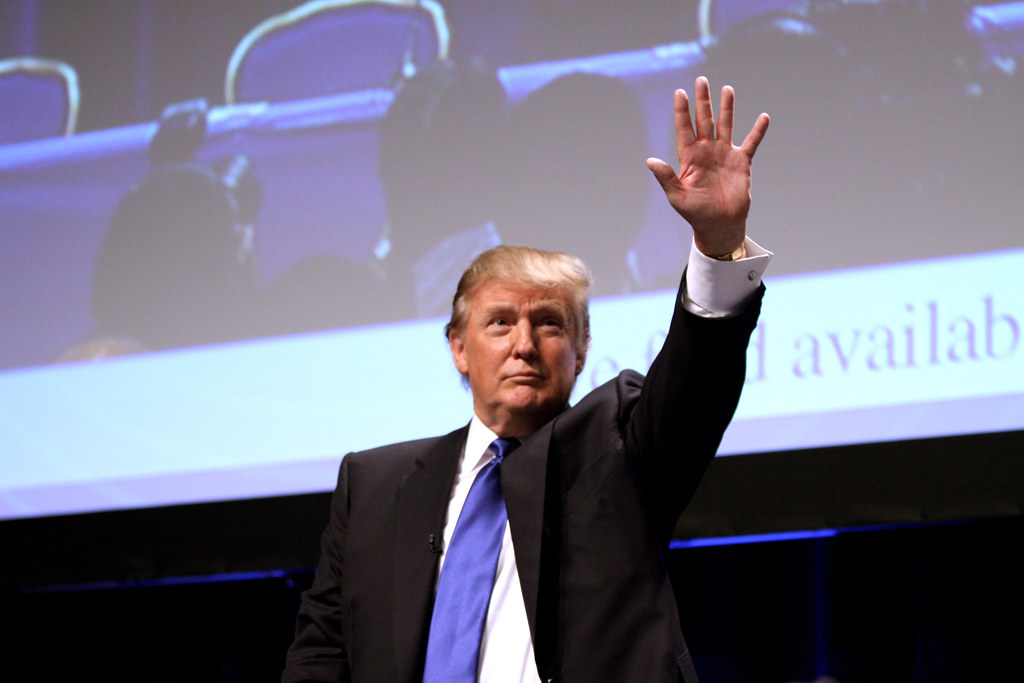President Trump is heading to Saudi Arabia, Qatar, and the UAE to secure major deals and discuss regional conflicts. His visit aims to boost business ties and address issues like the war in Gaza and Iran’s nuclear program.
Key Takeaways:
- Business Focus: The trip targets big deals in defense, energy, and tech.
- Regional Tensions: Gaza, Iran, and Middle East conflicts top the agenda.
- Geopolitical Shift: Gulf states gain importance as a global power hub.
- Personal Interests: Trump’s past and future business ties are highlighted.
A Historic Visit
President Trump’s return to the Middle East is seen as a strategic move to strengthen economic ties and tackle pressing issues. His choice reflects the Gulf states’ rising geopolitical influence and their pivotal role in global diplomacy.
Why the Gulf?
The Gulf states’ wealth and strategic importance make them a focal point for Trump’s visit. They are anticipated to extend a warm welcome, blending grandeur with substantial deal-making opportunities.
Big Deals on the Table
Expected discussions include defense, aviation, and energy solutions. These talks align with Trump’s vision of fostering commerce and cultural exchange over extremism.
Challenges Trump Can’t Ignore
Despite focusing on business, Trump must address critical regional issues. The ongoing conflict in Gaza, Yemen’s instability, and Syria’s uncertain future loom large, requiring delicate diplomacy.
Iran’s Nuclear Standoff
Indirect talks between the US and Iran will occur in Oman. Trump’s recent comments about renaming the Persian Gulf have sparked tensions, adding complexity to discussions.
Business Connections
The Trump family’s business ventures in the region, including real estate deals in Qatar and Dubai, highlight potential personal interests. However, the White House dismisses claims of personal gain, emphasizing the trip’s diplomatic goals.
Conclusion
Trump’s Middle East visit balances business opportunities with tough diplomatic challenges. As the Gulf states’ importance grows, this trip may set the tone for future US engagement in the region.
